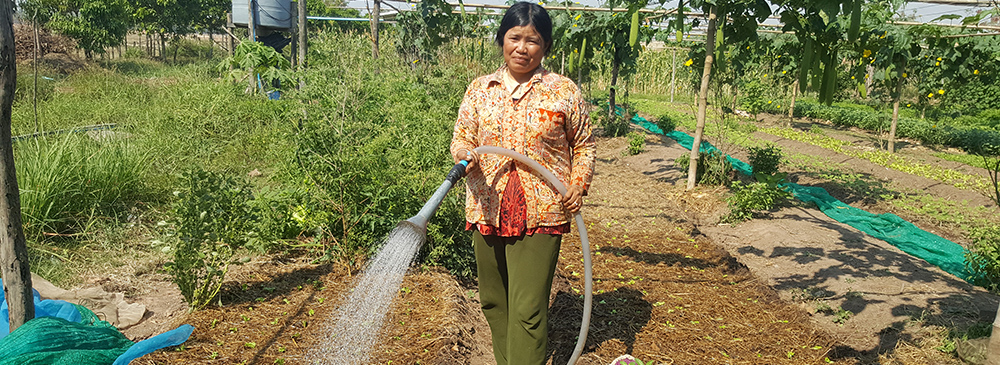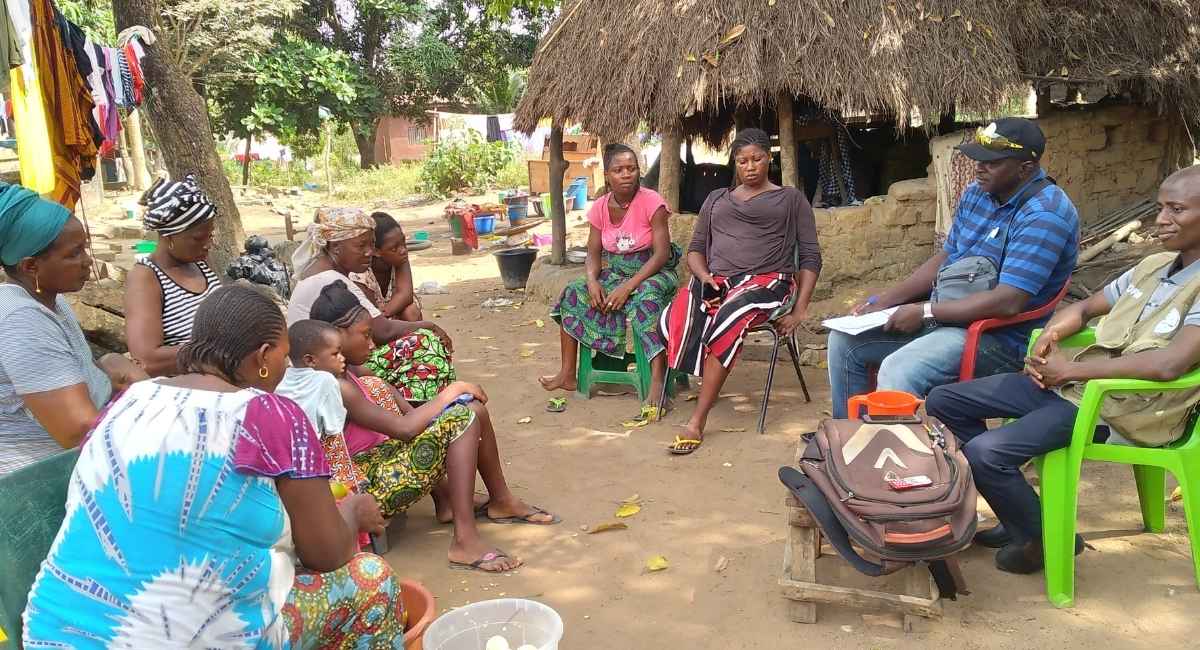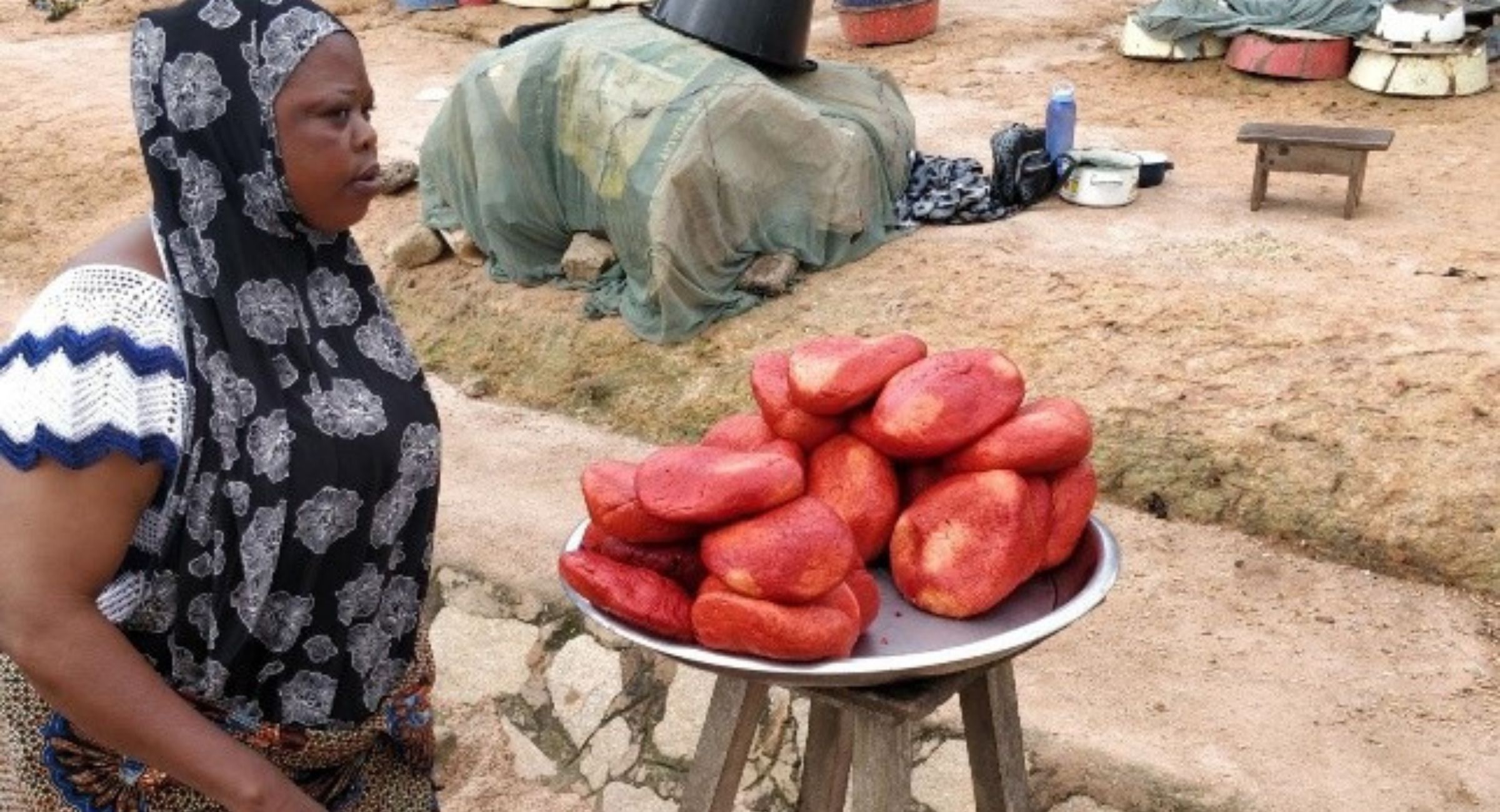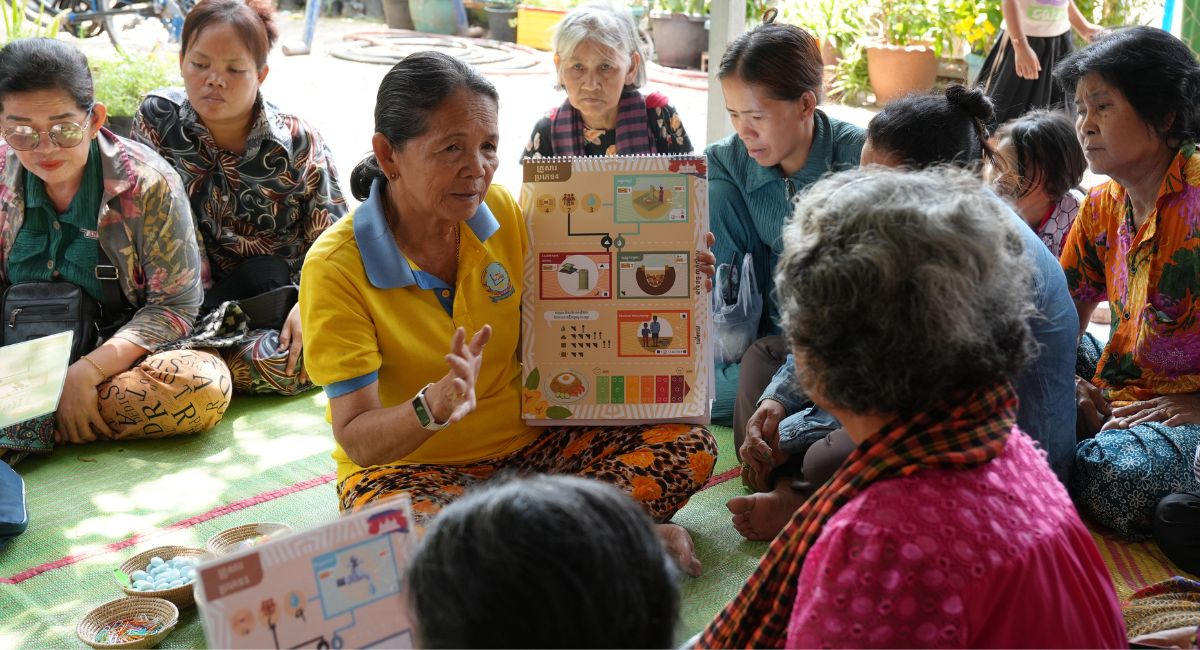Although a large majority of the Cambodian population depends on the country’s agricultural produce, Cambodia imports large quantities of fruit and vegetables from neighbouring countries (Vietnam and Thailand in particular). A study conducted by the Center for Policy Studies in 2017 estimated that approximately 200 to 400 tons of vegetables a day are imported from neighbouring countries. This is because farmers have difficulty adjusting their production to suit consumer demand, mainly due to seasonality of produce, lack of diversity and limited production.
Farmers are however forming cooperatives and associations to respond to new demand from urban consumers, who are conscious of the origin and safety of food products. Local authorities also want to support national agricultural production, improve access to the market for farmers and ensure a healthy product offering for consumers. In this context, GRET and its partner, the Cambodian Institute for Research and Rural Development (CIRD), are working to strengthen dialogue between stakeholders in the Cambodian provinces and to promote North/South exchange by sharing experiences and setting up common initiatives.
To meet these challenges, last April, GRET and CIRD organised the first workshop to raise awareness on food governance in the Cambodian province of Siem Reap. This workshop was part of the Project to support intensive agriculture with a low level of inputs (Apici) (in French). The main objectives of this event were:
- to raise awareness of the concept of food governance and the need to develop a sustainable food system;
- to encourage initiatives and develop partnerships to generate synergies and collaborations;
- to facilitate the emergence of initiatives for the promotion of food governance at various levels in the province of Siem Reap over the coming years.
The workshop brought together 45 participants, including local authorities from the commune, the district and the province; representatives of the EcoFarm group; farmers and local collectors; Cambodian and international NGOs; and donors.






